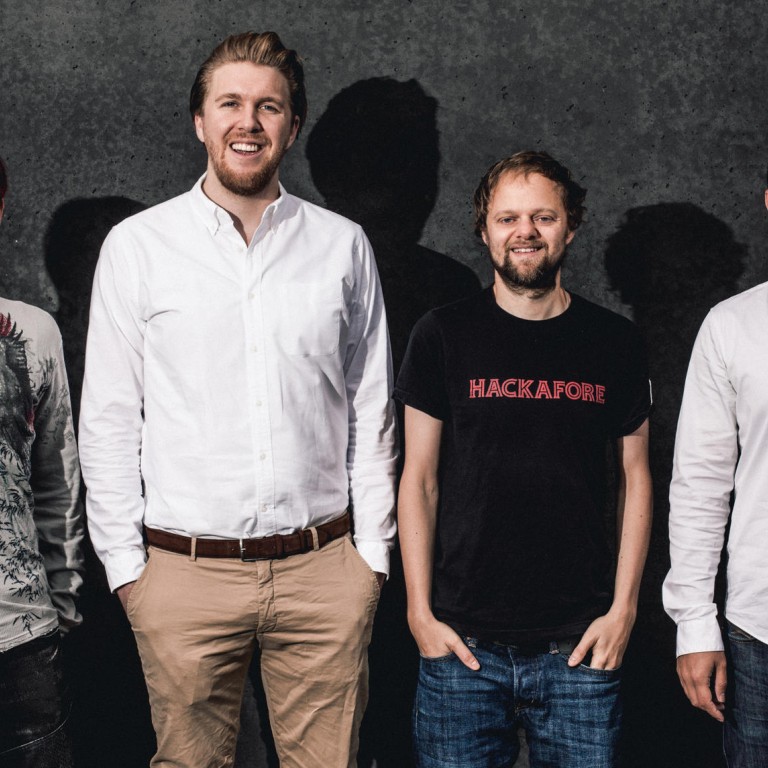
German start-up portal Jobspotting eyes Asia expansion
Berlin-based portal partially funded by Li Ka-shing's Horizons Ventures seen as example of co-operation between Hong Kong and Germany
The Berlin-based technology start-up that caught the attention of Hong Kong's richest man, Li Ka-shing, is looking east for expansion but only if the right local partners can be found.
Robin Eric Haak, co-founder and chief operating officer of job hunting portal Jobspotting, said besides China, other Asian countries such as Indonesia, the Philippines and Singapore show high growth potential.
"There's a demand [for] digitisation, with more tech and marketing jobs in Asia," said Haak, adding that Hong Kong has the potential to be the central point linking these markets. "Next year, when we feel comfortable, we will definitely expand to Asia."
Founded by former employees of Google and digital publishing house Axel Springer in 2013, Jobspotting secured a "six-digit euros" investment in April from Li Ka-shing's Horizons Ventures, which has previously invested in global tech companies such as Facebook, Skype and Spotify.
Dubbed the "Spotify for jobs", Haak said the company developed smart technology to generate graphic analysis and intelligence drawing from available data. The portal makes unique job recommendations that are almost tailor made for each individual user.
Haak said the Li deal was initiated in October last year and finalised in April. "Normally [Horizons Ventures] doesn't do this kind of super small deal in Germany. But when they finally agreed, we were very proud," he said.
Haak said Jobspotting has 40 per cent of returning users each month, a high percentage for a start-up. "The job culture has changed. People change jobs every two years and always look for better opportunities," Haak said.
"Looking for jobs isn't fun, but jobs are an important part of our lives. We just want to make people happy and help people on a daily basis."
Haak said the portal is planning to add more job categories, ranging from business and finance to engineering and academia. The portal currently focuses on tech and marketing jobs in Germany and Britain and Asia is next in line, he said, though there are concerns.
"China, for me, [is] a bit of a black box," Haak said, adding that a partner based on the mainland would be needed to move forward.
In June, Gregory So Kam-leung, Secretary for Commerce and Economic Development, visited Berlin to promote trade and closer collaboration between Hong Kong and German entrepreneurs, particularly those who were eyeing the China market.
Theodore Ma, founder of co-working space CoCoon, said he has seen more entrepreneurs locally and abroad joining Hong Kong's bourgeoning start-up scene. The city also saw a staggering growth of co-working spaces, from three a few years ago to around 40 today.
"It makes sense for Hong Kong to play the regional hub for start-ups intending to address the Southeast Asia or East Asia market, which doesn't necessarily include China," Ma said.
Last Friday and Saturday, tech and start-up event Rise Conference, organised by the same team that staged Web Summit, was held in Hong Kong for the first time. Ma said bringing in foreign talent might lead to competition with their local counterparts but Hong Kong's young companies have a lot more to offer.
"There's room to collaborate. We have strong business skills, strategies and connections," said Ma. "Hong Kong isn't about everyone and everything homegrown, but to be more inclusive and bring together international talent to co-create business and develop innovation."

